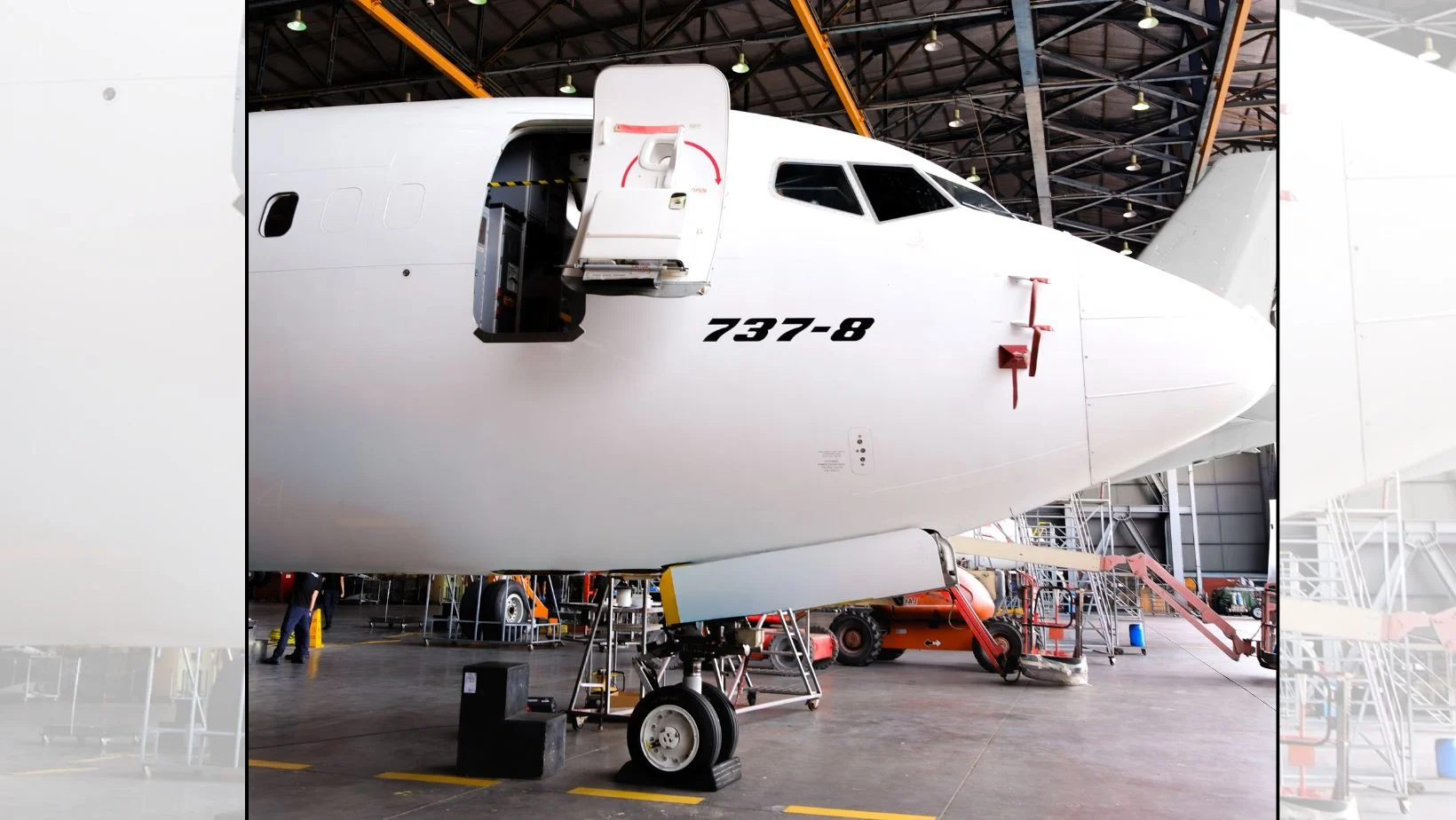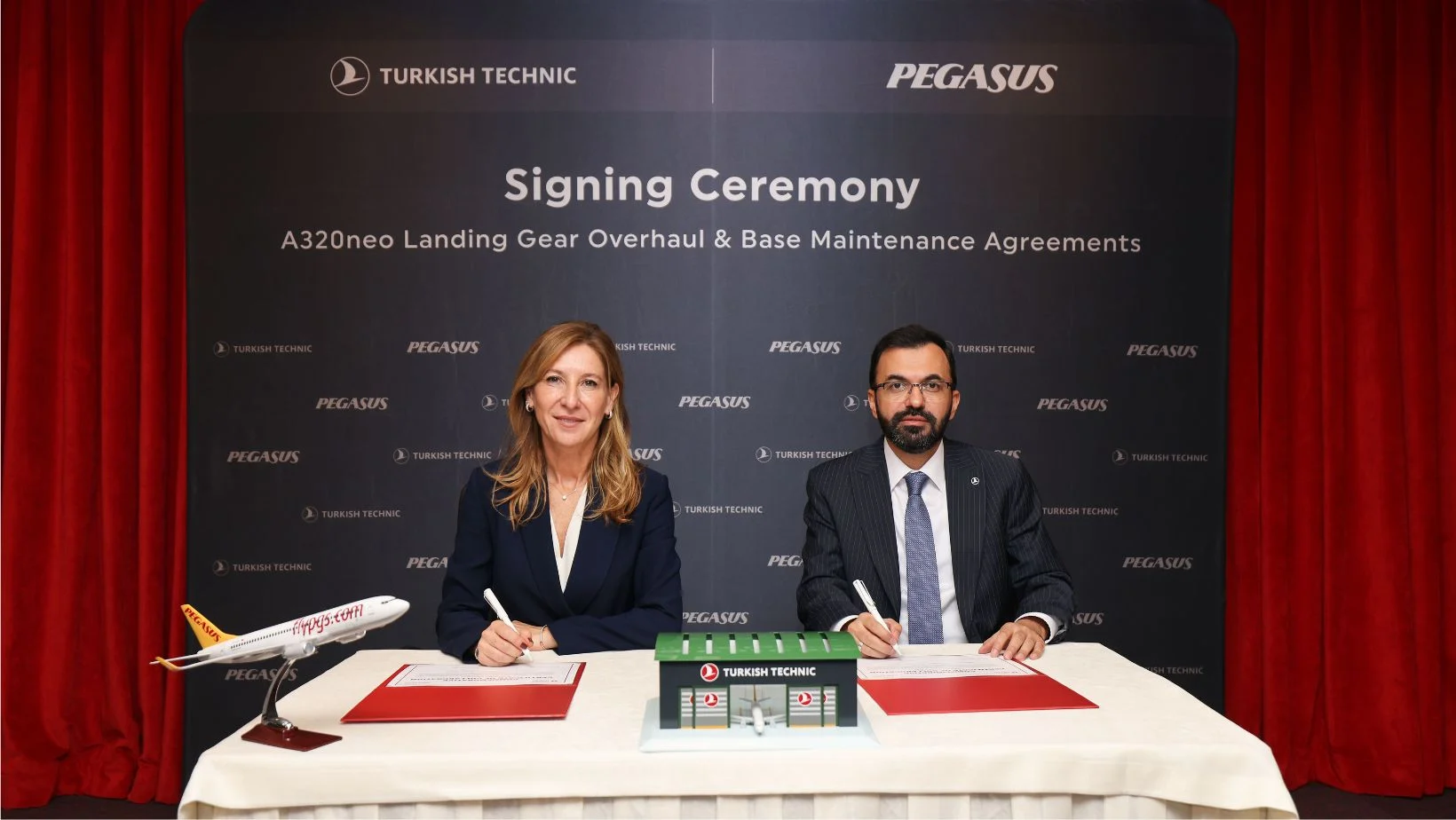The Association of Airlines of the European Regions (ERA) has published a studyrevealing that the uneven implementation of the EU’s ReFuelEU Aviation Regulation is creating structural disadvantages for regional airlines and the destinations they serve.
Research shows that the supply of sustainable aviation fuel (SAF) is heavily concentrated in major hubs, leaving many smaller airports without access and exposing Europe’s most remote communities to rising costs, compliance burdens and reduced connectivity.
ERA airline CEOs emphasize that while the sector is fully committed to achieving net zero CO₂ emissions by 2050, the current rollout of ReFuelEU risks penalizing smaller and regional airlines and isolating the communities they serve.
Montserrat Barriga, Director General of ERA, said: “Europe’s green transition cannot be realized at the expense of territorial regional cohesion. If ReFuelEU continues on its current path, Europe risks airlines going bankrupt and losing vital air connectivity.”
under the Destination Roadmap 2050, SAF is expected to generate the majority of aviation emissions reductions. ReFuelEU requires suppliers to combine increasing proportions of SAF, starting with 2% in 2025 and rising to 70% in 2050.
However, ERA members report that early implementation is “piecemeal and unfair”, pushing airlines to redesign their network and threatening the viability of some routes.
ERA calls on EU policymakers to urgently review the ReFuelEU Regulation to ensure that sustainable aviation fuel (SAF) is scaled up fairly and efficiently across all regions and align the implementation of ReFuelEU with the funding priorities of the Sustainable Transport Investment Plan (STIP). A revised framework would accelerate SAF deployment, strengthen competition, achieve genuine emissions reductions and protect Europe’s essential air connectivity.
The issues highlighted by ERA regarding the ReFuelEU initiative can be deduced as follows:
- Unfair access: SAF supply is concentrated in major hubs, leaving regional airports underserved and unable to claim their SAF credits.
- Cost distortions: Opaque surcharges and bundled pricing are inflating costs for smaller airlines with less purchasing power.
- Compliance pitfalls: Complex and inconsistent reporting rules impact regional carriers the most.
- Operational risks: Article 5 (“anti-tank rule”) is creating unintended safety and cost impacts on vital routes and providing no environmental benefits on smaller aircraft.



